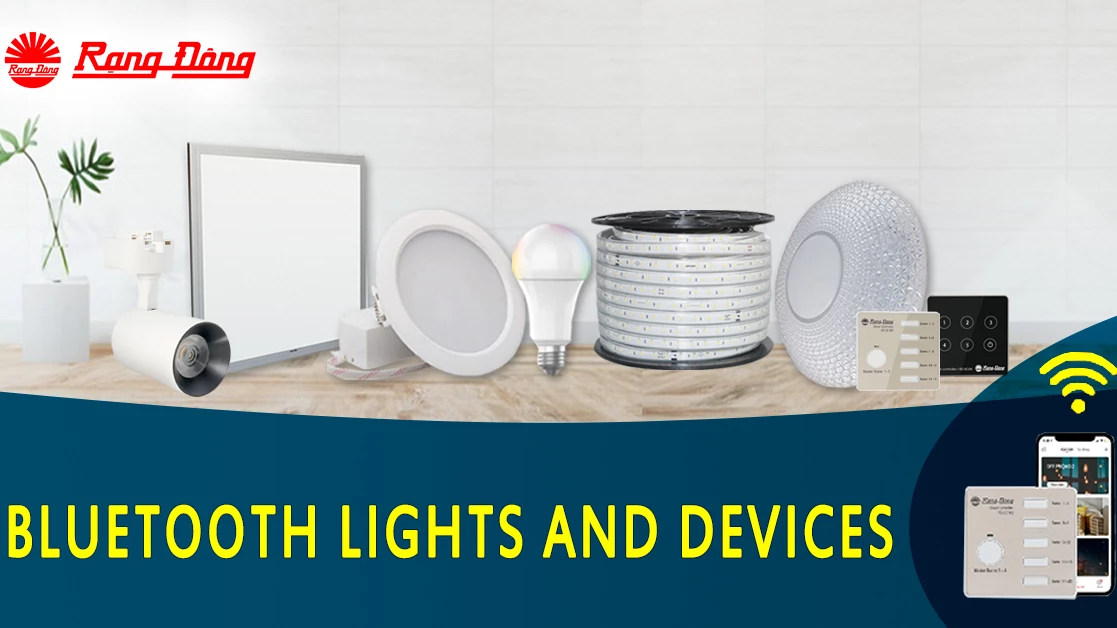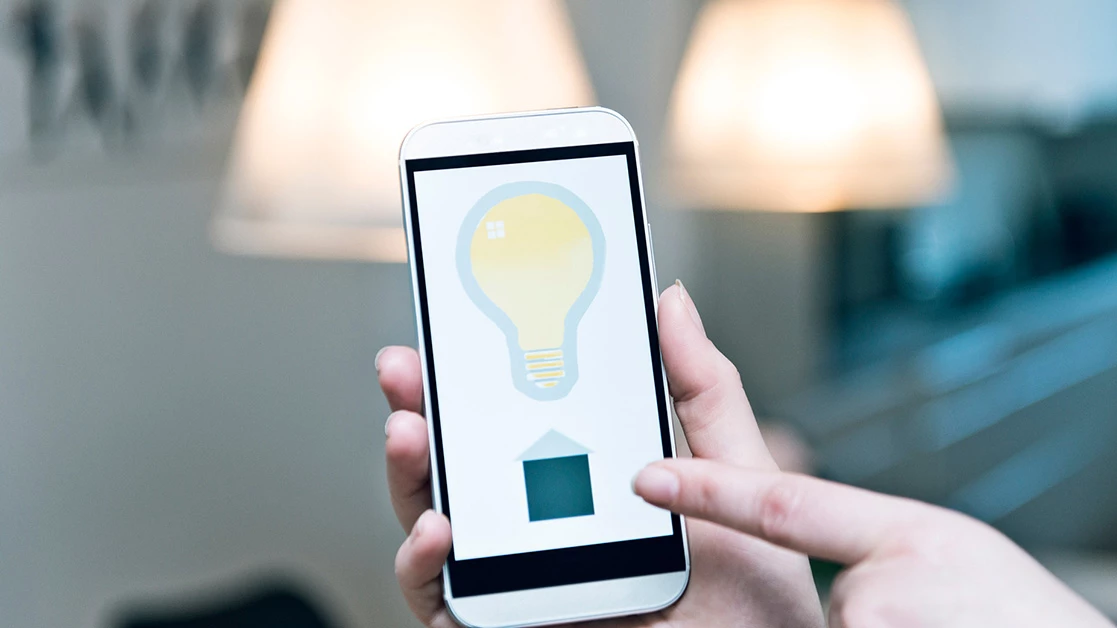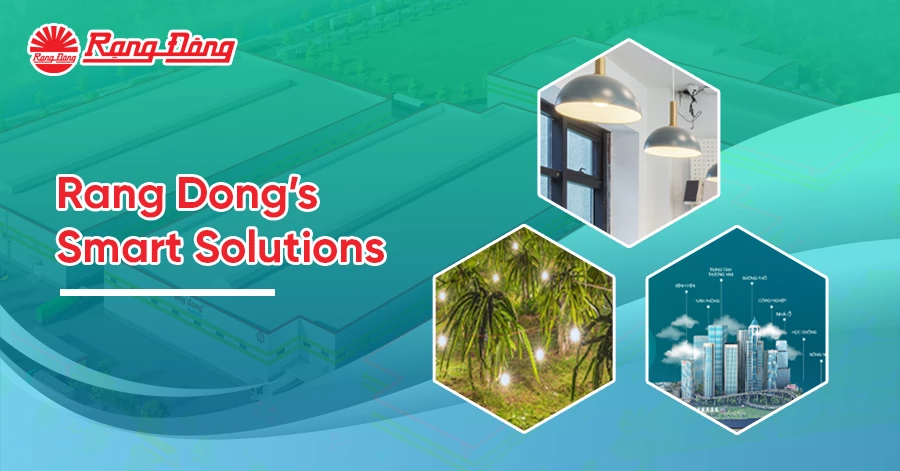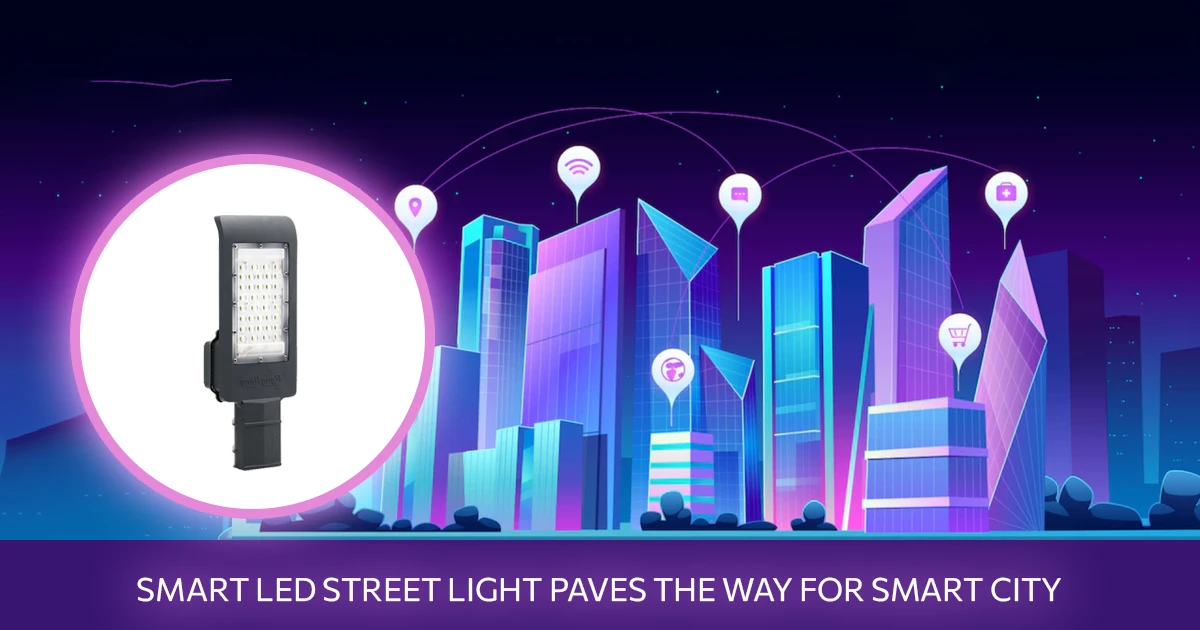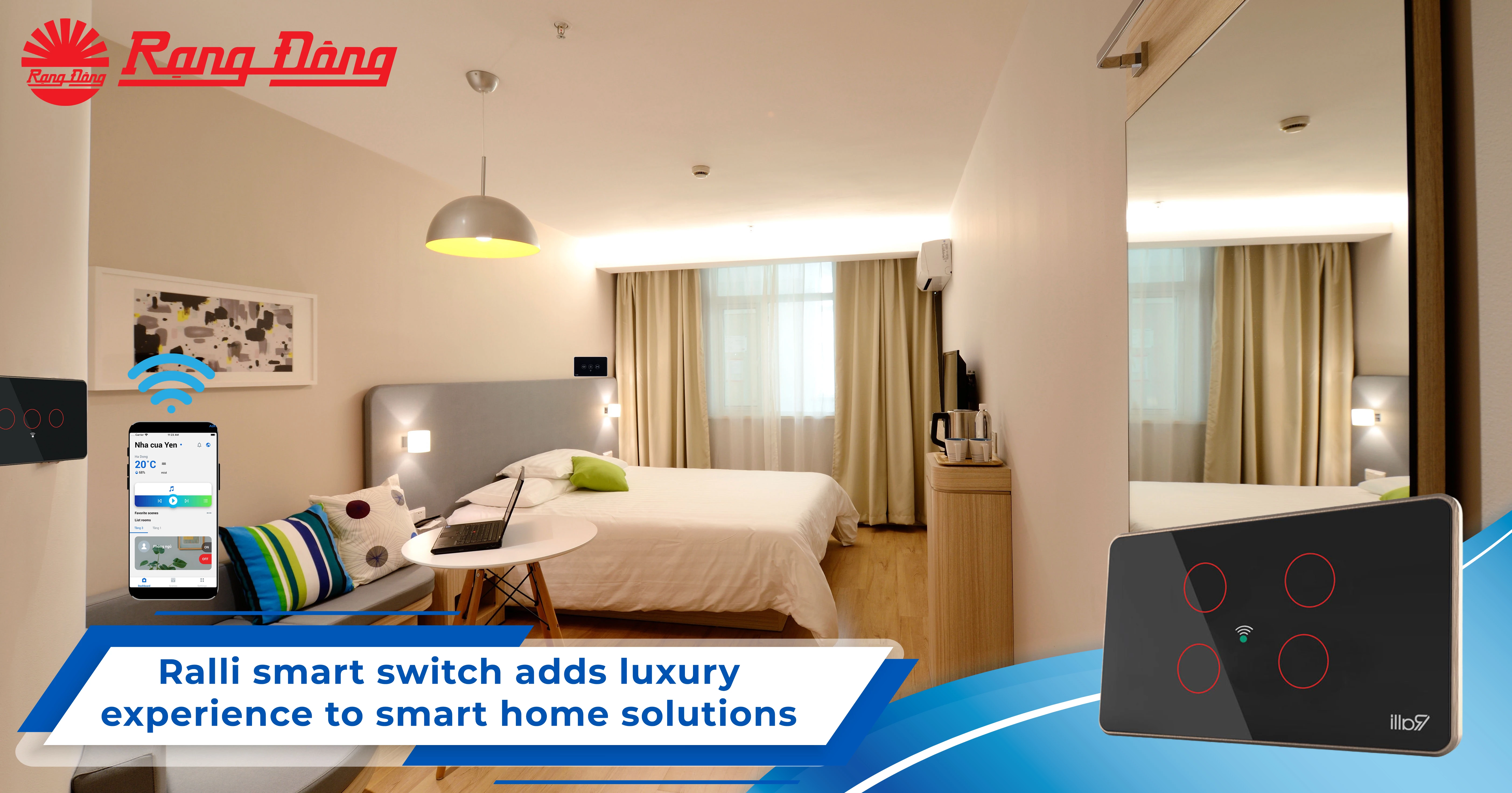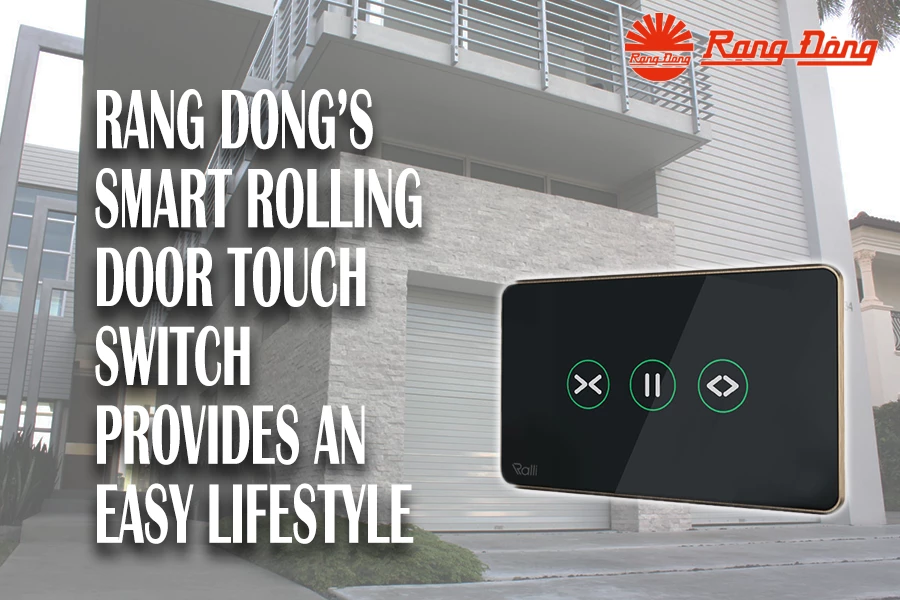
Smart city solutions transform urban space, raise living norm
As cities continue to grow, the challenges of sustainability, efficiency, and livability intensify. Smart city solutions offer a beacon of hope, leveraging advanced technologies to transform urban centers into models of innovation and sustainability. This article explores six pioneering smart city solutions that exemplify how technology can enhance infrastructure, streamline services, and improve quality of life. From optimizing energy systems to integrating intelligent transportation networks, these initiatives showcase the potential of technology to create more livable, resilient, and efficient urban environments.
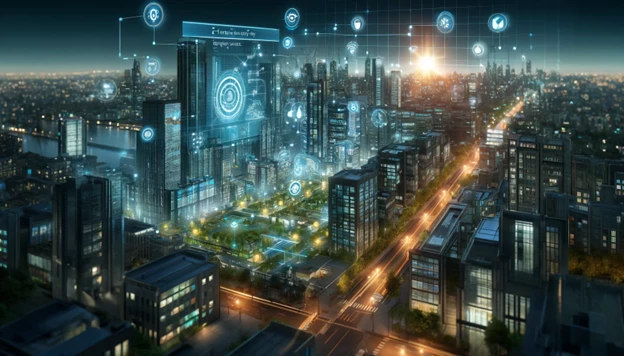
Energy-efficient infrastructure
The solution involves the use of advanced technologies to improve the efficiency of urban systems like electricity, heating, and water. For example, Denmark's city of Aarhus has embraced digital solutions for district heating systems, significantly improving energy efficiency and reducing operational costs.
The overarching goal of this solution is to create a more sustainable urban infrastructure that not only supports the environment but also reduces operational costs and enhances the quality of life for residents. This kind of infrastructure is a critical component of smart city development, as it directly influences on a city's ability to manage its resources effectively and sustainably.
Wastewater to energy
The "Wastewater to Energy" smart city solution involves converting waste products from water treatment processes into renewable energy. This approach is increasingly adopted in smart cities as part of sustainable urban development, aiming to make wastewater treatment facilities not only self-sustaining but also contributors to the energy grid.
Beside the energy-efficient infrastructure, Aarhus city is also turning wastewater treatment into energy generation hubs, which not only help treat wastewater but also produce renewable energy, contributing to the sustainability of urban sanitation services.
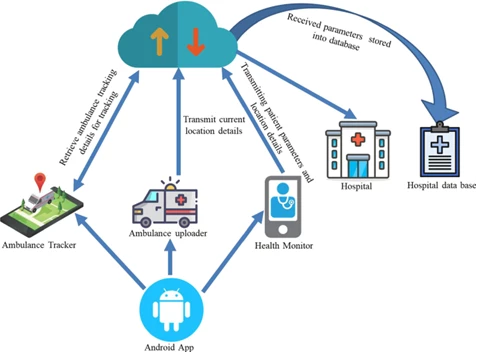
Health monitoring and mHealth
The section on health monitoring and Mobile Health (mHealth) in smart cities discusses how digital technologies are used to improve public health. It covers two key areas:
Health Monitoring: Uses devices such as sensors and wearables to collect real-time health data, which healthcare providers use to remotely monitor and manage patient care.
mHealth involves mobile apps for managing health, including medication reminders and telemedicine, to support public health and chronic disease management.
By implementing these technologies, smart cities can improve healthcare responses and outcomes, reducing the overall burden on their healthcare system.
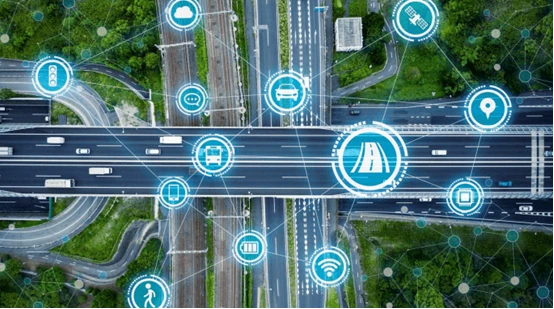
Smart mobility and traffic management
Smart mobility and traffic management in smart cities aim to enhance urban transportation through various technologies and approaches. These include:
Intelligent transportation systems (ITS), which optimize traffic flow, reduce congestion, and improve safety using data and communication technologies.
Public transit enhancements, such as real-time tracking of buses and trains, mobile apps for ticketing and schedules, and integrated transport systems for seamless travel.
Shared mobility services, such as bike-sharing, car-sharing, and ride-hailing, integrated with public transport to increase accessibility and reduce private vehicle ownership.
Smart parking solutions, employing sensors and data analytics to help drivers quickly find parking spots, thus minimizing traffic congestion and emissions.
Overall, these initiatives strive to create a more connected, efficient, and sustainable transportation environment in urban areas, improving quality of life and reducing environmental impact.
Environmental monitoring and waste management
This solution utilizes smart sensors and IoT applications to sustainably manage urban environments. For examples, there are tools that monitor air quality in real time, enabling rapid identification and mitigation of pollution sources, which improves air quality and protects public health.
Besides, waste can be managed by monitoring waste levels in bins and recycling centers, therefore, enhancing the efficiency of collection routes and schedules.
Should you have any questions or request a quotation of Rang Dong products, please send us an email to: export@rangdong.com.vn.
Websites: en.rangdong.com.vn and vacuumflask.rangdong.com.vn



